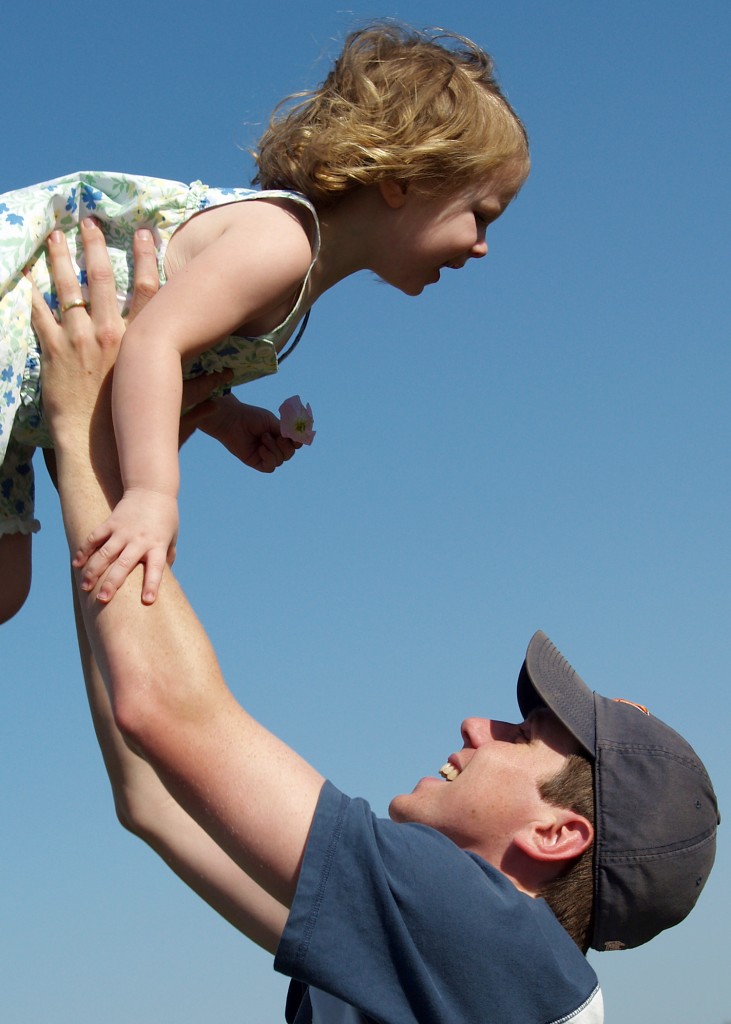
Family Support Advice

Table of Contents
Stories of addiction often describe the damage in very personal terms. A person drinks too much, injects drugs, faces law enforcement action or develops serious medical side effects. After reading a litany of the personal consequences of addiction, it can be easy to assume that the damage occurs only in the body and the life of the addict. Unfortunately, this is rarely the case. Even though the addict may be the person who takes in the substances, and pays a terrible price for that substance use and abuse, the family that surrounds the addict suffers as well. Addiction therapy programs may provide a significant amount of help for the substance abuser, but the members of that abuser’s family may need their own treatment programs to undo the damage that has been done.
Assessing the Damage
Attempting to Control an Addict
Spouses of people with addictions may, as an article in the Journal of Studies on Alcohol and Drugs puts it, develop behaviors that are designed to keep the addict safe, and perhaps control the addict’s behavior to some degree. These partners may:
- Follow the addict to work or to social engagements
- Remove all substances from the house, or conversely, buy substances to keep the addict home
- Make excuses for the addict’s behavior
- Feel guilty about the addict’s use of substances
People who abuse drugs and alcohol may inflict financial damage on their families. They may steal from the family in order to buy substances, or they may lose their jobs and deprive their families of a steady stream of income. Some families also face health issues. Some addicts develop sexually transmitted diseases that they pass to their partners at home. Others create toxic clouds of fumes as they make or use drugs in the home. While this damage may be real, and it may be painful, many families of addicts are adept at handling these sorts of issues. As the addiction has progressed, these families have become adept at solving the tangible problems that crop up due to the addiction.
This resiliency could be part of the long-term problem the family needs to overcome. Addiction could be the primary focus of the family, functioning as the glue that binds them all together, and when that addiction begins to abate, these families may struggle to define who they are, what they have in common and how they can relate to one another. Roles tend to shift during recovery, causing a significant amount of chaos, and this can be difficult for families to adjust to.
As the recovery process moves forward, these addicts may be encouraged to take an active role in their own lives, and they may come to resent the intrusion of these well-meaning spouses. In addition, as recovery progresses, there are fewer actions to control as the addict is engaging in fewer episodes of destructive behavior. This could leave spouses feeling at loose ends.
Back to Top
Issues for Children
While there’s no question that children will be both safer and healthier when they are not living with parents who abuse substances, the transition from addiction to sobriety can also be deeply troubling for children. These children may not know what their role is in the new family structure, and they may not know how long this new scenario will last.
 Children may find that a parent that was once absent due to substance use is now an active parent in sobriety. This can be quite difficult for children to understand, and to accept. One child, interviewed for an article provided by the National Association for Children of Alcoholics said, “Before I could get away with anything, and now he was telling me what to do. I like having one parent so I just blocked him out. He tried to jump back in and be my Dad, and I didn’t want it. It took me a year to let him in, and then I started to like him. But I stayed angry, too; I kept a wall up as I watched. I was afraid that I’d be hurt.” These transitions can be difficult for children to move through alone.
Children may find that a parent that was once absent due to substance use is now an active parent in sobriety. This can be quite difficult for children to understand, and to accept. One child, interviewed for an article provided by the National Association for Children of Alcoholics said, “Before I could get away with anything, and now he was telling me what to do. I like having one parent so I just blocked him out. He tried to jump back in and be my Dad, and I didn’t want it. It took me a year to let him in, and then I started to like him. But I stayed angry, too; I kept a wall up as I watched. I was afraid that I’d be hurt.” These transitions can be difficult for children to move through alone.
In addition, the patterns children develop tend to stay with them throughout their adulthood. For example, the Substance Abuse and Mental Health Services Administration reports that children who grow up with a substance-abusing parent may sacrifice their childhoods to the addiction, becoming very capable and controlling small children. These children may grow up into overprotective and controlling parents who don’t allow their children autonomy. The addiction can be passed down through the generations in this manner, and it can be hard for children to see, much less to correct, without outside help.
The Family in Therapy
Many addiction programs, including ours here at Axis, include the family in the therapy program we provide to the person with addiction. There are literally hundreds of different methods that therapists can use in family therapy, but most follow the same basic principles:
- Emphasis is placed on the health of the family, not the actions of the addict.
- The addict doesn’t attend all meetings. The makeup of each meeting can vary dramatically.
- Old wounds are exposed and addressed.
- Information about addiction is provided.
- Skills are taught. Learning about anger management, communication and parenting can help the family function more effectively as a unit.
Family therapy is designed to allow the entire group to come together to explore the issues they face. Through therapy, the family may learn more about how to create a home environment that isn’t conducive to addiction, but they may also be given the opportunity to discuss the sobriety transition in detail, and learn skills that can help them move through the transition together without losing group cohesion.
Family therapy has been proven effective in a large number of studies. For example, according to a study published in the Journal of Family Psychology, over two-thirds of parents who were given family therapy showed moderate to excellent improvement in parenting skills. Therapy provided these parents with the tools they’d need to help deal with destructive behaviors in their children.
Individual Help
Some family members find support groups helpful as they learn to work through addiction issues. By joining support groups such as Al-Anon (for spouses of addicts) or Alateen (for children of addicts), they are given the opportunity to meet other people who are struggling to live with an active addict or an addict in recovery, and in these meetings, they may learn more about how others handle their emotional needs and challenges. While the benefits of this sort of support may be varied, according to a study published in the American Journal of Psychotherapy, common benefits reported by participants include:
- Loving detachment from the addict
- Increased sense of self-esteem
- Independence
- Reliance on a higher power
As this study indicates, support groups often encourage family members to think of themselves as independent, autonomous units that are not directly associated with the addiction. For family members who have largely defined their roles in relation to the addict and the addiction, this can be a revolutionary message. As they attend meetings, they may learn how to simply observe addicted behavior without feeling guilty about it or feeling the need to intervene. Family members with addicts who refuse to get treatment may find this message to be particularly powerful. By joining a support group, they can make their own lives better, even if the addict refuses to change.
Children who attend support groups may experience an entirely different set of benefits. As a study in the Journal of Studies on Alcohol suggests, children of addicts often feel depressed or unable to feel intimate or close to other people. These problems may begin in childhood, but they can persist into adulthood. By joining a support group, these children learn how to form healthy relationships. They’re encouraged to share their private thoughts and feelings, perhaps for the first time, and they may feel accepted and validated by the group for “who they really are,” as opposed to the personality they might project. Children of addicts often strive to be perfect, hiding their imperfections from view. In group meetings, they’re asked to expose their imperfections, and when they’re not rejected for the exposure, they may learn that trusting others can be beneficial.
Staying Involved
While families are going through their own therapy sessions and learning more about addiction in their own lives, they still have a crucial role to play in helping the addict in recovery. They may be asked to accompany the addict to appointments, listen to the addict discuss the addiction, or resist the urge to use substances of their own in front of the addict. All of these steps can cause a significant amount of stress, and while they are important, they can also be difficult. Support groups can help family members to discuss these issues, but some family members find that they need to attend their own therapy sessions with a licensed counselor in order to provide help to the addict. There should be no shame or stigma about asking for this sort of help. Transitioning to a new role in life is stressful and difficult, and therapists can provide a significant amount of help that can make the transition move a bit smoother.
At Axis, we provide help for people who want to overcome addiction. We include families in our treatment programs, and we’re happy to provide information about support groups and individual counselors that can provide assistance to struggling family members. Please call us to find out more about all of these avenues of help that are available.
Back to Top






